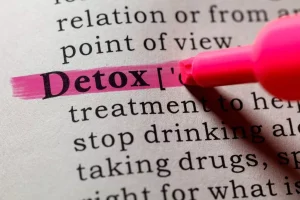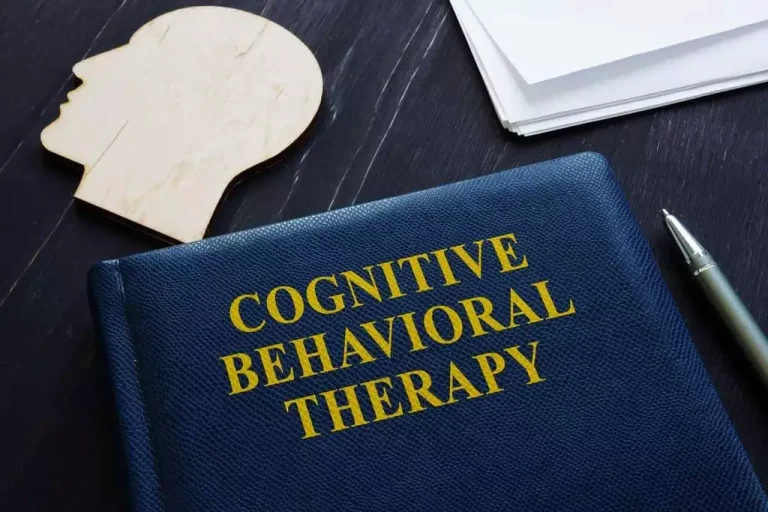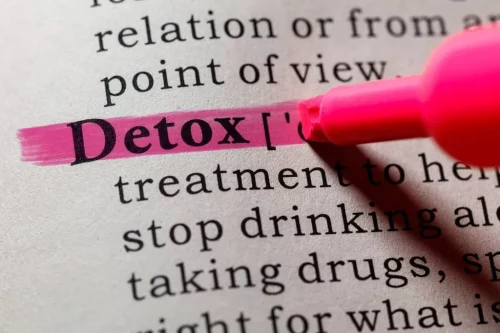
By following through on your promises, you demonstrate accountability and foster trust in the relationship. In Alcoholics Anonymous, this approach is reinforced through Steps Eight and Nine, which emphasize the importance of personal accountability and making amends without causing further harm. Remember, the ultimate goal is to express sincerity and commitment to healing both for yourself and for those you have affected. When trying to make amends, you might encounter individuals who aren’t ready to engage Substance abuse with you.
Providing alternative ways to make amends without verbal apology
This book discusses some of the most common grief experiences and breaks down psychological concepts to help you understand your thoughts and emotions. It also shares useful coping tools, and helps the reader reflect on their unique relationship with grief and loss. Notice the words «right to resentment» and «underserved qualities» in there? It is about what we do despite that wrongdoing, «abandoning our right to resentment . . . «. Making amends does not undoing the wrongdoing, just as forgiveness doesn’t undo the wrongdoing.
- Apologizing is only the first step in taking responsibility.
- Making amends fosters clarity, self-forgiveness, and relief from guilt, which is healing.
- Explore the stages of recovery journey, from recognizing the problem to maintaining sobriety and beyond.
- If you’re familiar with substance use recovery and 12-step programs, the idea of «living amends» might ring a bell.
- Approaching individuals when they are open to dialogue increases the likelihood of a positive interaction.
How Intensive Outpatient Programs Intensity Structure Helps Recovery

Discover government-funded rehab options and effective harm reduction approaches. Completing a rehabilitation program is a significant accomplishment, but it’s important to recognize that the journey to recovery… Discover how intensive outpatient intensity structure helps recovery and boosts healing for lasting change. «Why do recovering alcoholics crave sugar?» Discover the science behind this common question in our guide.
Guilt and Grief: Making A Living Amends
Engaging in the process of making amends serves several vital purposes in an individual’s recovery journey. “Freedom” seems to be the word that most clearly describes the essence of Step Nine. It seems to sum up the relief from guilt and shame, the lessening of our obsession with “self”, and the increased ability to appreciate what’s really going on all around us. We may even start to think of our past as a gold mine of experiences to share with other people we’re trying to help in recovery, instead of as a period of darkness that we living amends regret. We stop thinking about our lives in terms of what we don’t have and begin to appreciate the gifts that we receive every single day. And finally, we are very aware that in order to keep this feeling of freedom, we’ll need to keep on applying what we’ve learned while working the steps.

What’s the Difference Between Making Amends and an Apology?

The first step is to know that your questions and feelings are normal. Our sponsors can help us explore each of these concepts so that we gain perspective https://ecosoberhouse.com/ on the nature of our specific amends and stay focused on what we’re supposed to be doing. The key is that we keep the focus on ourselves and our “side of the street,” so to speak. Restoration means bringing something back to its former state, usually things that have been damaged. This can mean restoring our reputations, and even restoring trust in a relationship. Indirect Amends – finding ways to repair damage that cannot be reversed or undone by doing things like volunteering and helping others.
Defeating Self-Sabotage in Recovery
By proactively and “promptly” admitting wrongs, those in recovery may be able to prevent future conflicts that could trigger a lapse in unhealthy behaviors or a return to use. However, these promises are usually the result of deep feelings of shame, guilt, and regret and may not be genuine for some. Many times, these kinds of promises serve to alleviate the wrongdoer’s guilt and so that they can say they apologized before their loved one died. With these kinds of promises, there may not be enough genuine intention of changing their hurtful patterns and behaviors. Deathbed promises are a common way people make living amends.

